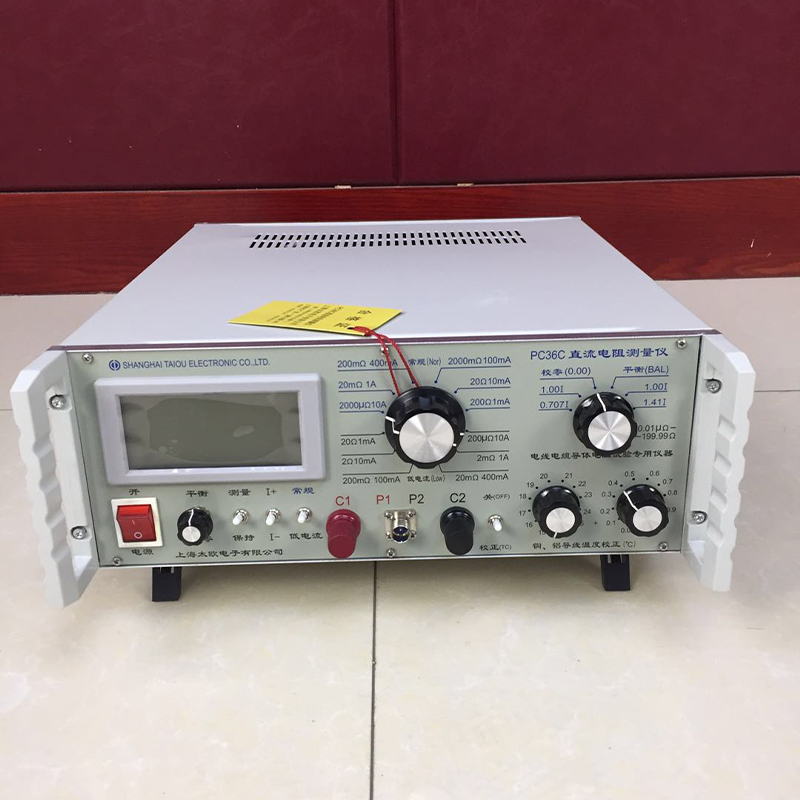China Electronic Tensile Strength Testing Equipment for Material Evaluation and Quality Control
Understanding the China Electronic Tensile Strength Tester Key Features and Applications
In the realm of material testing, the importance of tensile strength cannot be overstated. Tensile strength refers to the maximum amount of tensile (stretching) stress that a material can endure before failure. For industries ranging from textiles to construction, the ability to analyze a material’s tensile properties is crucial. This is where the China electronic tensile strength tester comes into play, offering accurate, reliable, and efficient analysis for various materials.
What is a Tensile Strength Tester?
A tensile strength tester is a device used to determine how much force a given material can withstand while being pulled or stretched. It measures various properties, including tensile strength, yield strength, and elongation at break. These characteristics are fundamental in assessing materials for quality assurance, engineering analysis, and research and development.
Key Features of China Electronic Tensile Strength Testers
1. High Precision and Accuracy Chinese manufacturers have embraced advanced technology to design electronic tensile strength testers that offer high precision. Electronic sensors and digital measurement systems ensure that results are accurate and reliable, providing confidence in the testing process.
2. User-Friendly Interface Most electronic testers come equipped with an intuitive interface that allows operators to set up tests, input parameters, and analyze results with ease. The digital display provides real-time feedback, making it easier to monitor the testing process.
3. Wide Range of Applications These testers can accommodate various materials, including metals, plastics, textiles, and composites. Different fixtures and grips can be selected to properly hold the material being tested, ensuring that the results reflect the true properties of the sample.
4. Data Analysis and Reporting Modern electronic tensile strength testers come with software that allows for data collection and analysis. Users can generate detailed reports with graphs, making it easy to interpret the results and share findings with team members or stakeholders.
5. Compliance with Standards Many Chinese electronic tensile strength testers are designed to meet international and national testing standards, such as ASTM, ISO, or GB standards. This compliance is essential for industries that require stringent quality control processes.
china electronic tensile strength tester

6. Durability and Maintenance Built with robustness in mind, these machines are often designed to withstand rigorous testing environments. They also require minimal maintenance, making them a cost-effective solution for laboratories and manufacturing facilities.
Applications of Electronic Tensile Strength Testers
1. Textile Industry In textiles, tensile strength testers are crucial for evaluating the strength and elasticity of fabrics. This ensures that garments meet safety and durability standards before reaching the consumer.
2. Construction Materials For construction materials like concrete and steel, tensile testing is essential to ensure structural integrity and safety. It provides data that can predict how materials will behave under stress.
3. Plastic and Polymer Testing The plastic industry uses tensile strength testing to assess the mechanical properties of polymers and ensure that products can withstand everyday use.
4. Research and Development In R&D environments, tensile strength testers are vital for material innovation, helping engineers develop new materials with tailored properties for specific applications.
5. Quality Control Consistent testing of materials using these testers helps manufacturers adhere to regulatory requirements and maintain high-quality standards in their products.
Conclusion
In conclusion, the China electronic tensile strength tester represents a significant advancement in the field of material testing. With its high precision, user-friendly interface, and broad applicability, it serves as an invaluable tool for industries aiming to ensure quality and reliability in their materials. As technology continues to evolve, these testers will likely incorporate even more advanced features, further enhancing their role in material analysis and quality assurance. Whether in a laboratory or production environment, they remain a cornerstone in understanding and validating the strength of materials in various applications.
-
Why the Conductor Resistance Constant Temperature Measurement Machine Redefines Precision
NewsJun.20,2025
-
Reliable Testing Starts Here: Why the High Insulation Resistance Measuring Instrument Is a Must-Have
NewsJun.20,2025
-
Flexible Cable Flexing Test Equipment: The Precision Standard for Cable Durability and Performance Testing
NewsJun.20,2025
-
Digital Measurement Projector: Precision Visualization for Modern Manufacturing
NewsJun.20,2025
-
Computer Control Electronic Tensile Tester: Precision and Power for the Modern Metal Industry
NewsJun.20,2025
-
Cable Spark Tester: Your Ultimate Insulation Assurance for Wire and Cable Testing
NewsJun.20,2025
 Copyright © 2025 Hebei Fangyuan Instrument & Equipment Co.,Ltd. All Rights Reserved. Sitemap | Privacy Policy
Copyright © 2025 Hebei Fangyuan Instrument & Equipment Co.,Ltd. All Rights Reserved. Sitemap | Privacy Policy
